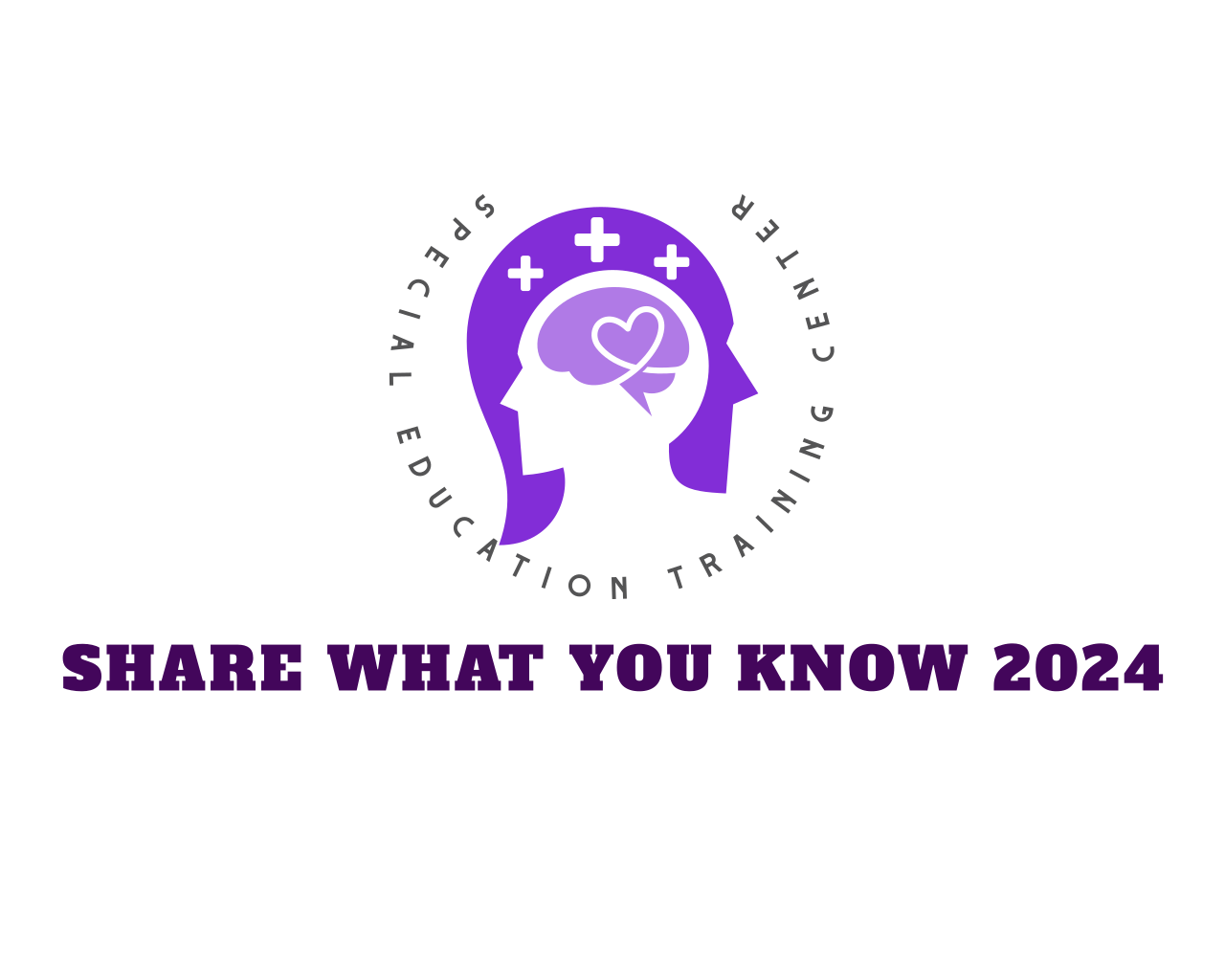

Compared with married heterosexual partners, gay and lesbian partners often report more autonomy and fewer barriers to leaving a relationship (Kurdek, 1998). However, by and large, gay and lesbian relationships are similar to heterosexual relationships, although they are not always perceived as such (Testa, Kinder, & Ironson, 1987). The issue of same-sex divorce raises many research questions and clinical implications.
In states where same-sex unions are not recognized, gay and lesbian couples cannot dissolve their relationships in family court. They must divide their property in civil court based on the state contract laws, which tend to favor the party with the most assets. The use of civil courts also requires hiring an attorney, an expense that doesn't always pay off because most attorneys do not have the experience to navigate the nuances in law surrounding same-sex unions and their dissolution. Civil courts may not consider such things as sweat equity or implied contracts among gay and lesbian couples. This becomes especially problematic in regard to child custody and visitation rights.
For now, same-sex divorce is being handled by the states on a case-by-case basis. However, these cases are complicated by the vast differences between state and federal laws. Federal law pre-empts state law and can eliminate benefits that a court might want to extend to gay and lesbian couples.
Meanwhile, there is little empirical research on same-sex divorce. More research is needed on the dynamics of same-sex relationships and how they end. Furthermore, bias against gays and lesbians has been shown to have detrimental effects when it comes to the legal system (e.g., Anderson, 2004), so it is important for us to understand how homophobia and heterosexism might influence legal decision-making in same-sex divorce cases. This information will help us better understand how to help ensure equal protection for these couples.
It's also important to note that gays and lesbians who are going through a breakup often do not have the same sources of support as heterosexuals. Friends, family and colleagues may not view the end of a same-sex union as seriously as they would a "real" divorce. Opponents of same-sex marriage often use cases of same-sex divorce to further their opposition. For these reasons, gay divorcees may be particularly prone to self-blame, depression and feelings of isolation.
Clinicians who treat gay and lesbian clients should be aware of these complications and be familiar with the laws and practices of judges and agencies in their areas. Clinicians can also serve a valuable role as mediators to same-sex couples who are breaking up. Because of the legal limbo in which gay and lesbian couples often find themselves, they are likely to be better served by mediation rather than the court system.
Through further research and awareness of the law, psychologists can help lessen the undue financial and emotional strain that often accompanies same-sex divorce.
By Michael J. Brown, City University of New York, and Jennifer L. Groscup, JD, PhD, Scripps CollegeDecember 2008, Vol 39, No. 11

Approved Provider
ddddd
Texas Education Agency (TEA)
ddddd
American Speech-Language Hearing Association (ASHA)
National Ass ocia
ocia tion of School Psychologists (NASP) PENDING
tion of School Psychologists (NASP) PENDING
National Association of Social Workers (NASW) PENDING



Use of this Site is subject to express terms of use. By using this site, you signify that you agree to be bound by these Terms of Use and ALL other polices and procedures




Sign in/up with Facebook
Sign in/up with X
Sign in/up with Linkedin
Sign in/up with Google
Sign in/up with Apple


Wouldn't it be a good idea to create a course?
